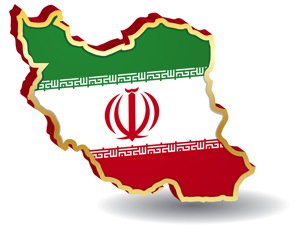The Privacy Blog Podcast - Ep. 21:
 In episode 21 of our podcast for July, I talk about:
In episode 21 of our podcast for July, I talk about:
- A decision giving Canadians more rights to Anonymity
- Iraq's recent blocking of social media and more
- Iran's outright criminalization of social media
- A court decision requiring warrants to access cell tower location data
- Another court stating that irrelevant seized data needs to be deleted after searches
- A massive failure of data anonymization in New York City
- A court requiring a defendant to decrypt his files so they can be searched
- The Supreme Court ruling protecting cellphones from warrantless search.
- Phone tracking streetlights in Chicago
- And a small change for iPhones bringing big privacy benefits
